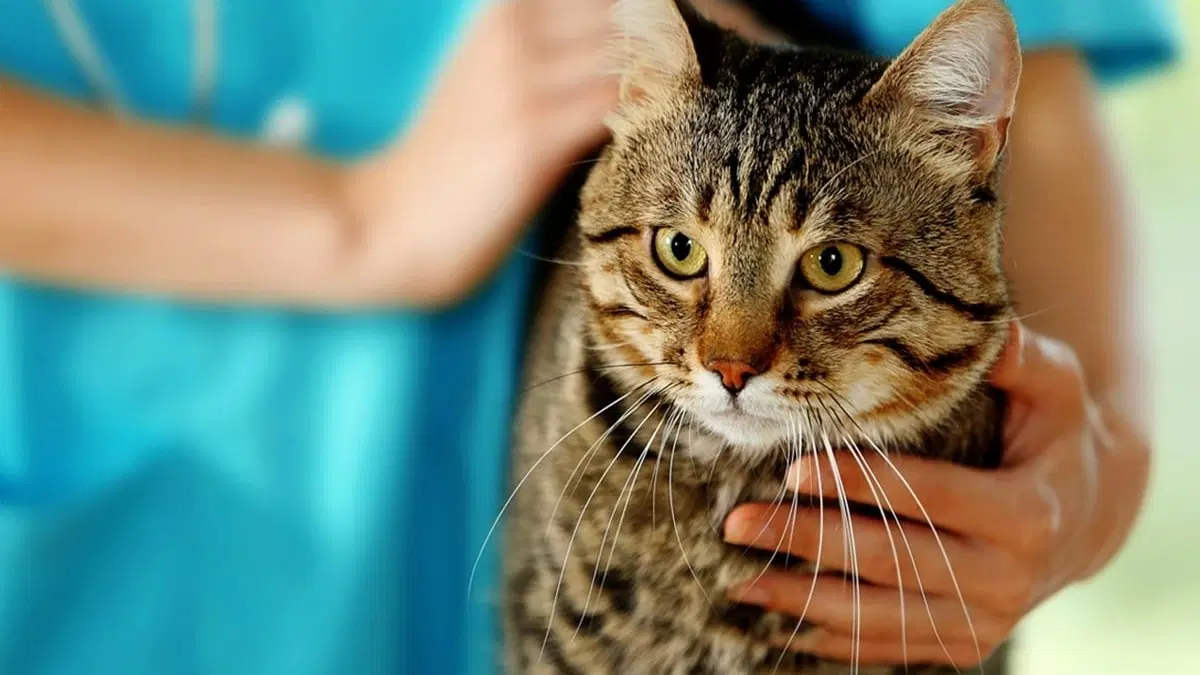What Does Cat Diabetes Cost To Manage?
When it comes to the cost of cat diabetes, there’s a lot for you to know. This is a subject all pet parents should know more about, including what diabetes can cost, and how it might affect your vet bills in the future.
Here’s a breakdown on what diabetes in cats looks like and the overall cost of treating cat diabetes. (Always remember that you should consult with your vet whenever you think your pet is vulnerable to this illness.)
Diabetes is a chronic illness found in many animals such as humans, dogs, and cats. Diabetes is a metabolic disorder that affects a cat’s ability to process food correctly. A healthy cat can process and break down their food into smaller components, like glucose. Glucose is then absorbed into their cells with the help of insulin.
However, a cat with diabetes is unable to make insulin or cannot utilize their insulin correctly. This leaves a cat with diabetes unable to use the glucose from food, which leaves them with a lack of fuel to run on.
A diabetic cat’s inability to process glucose also puts them at risk of having too much glucose in their bloodstream. This can potentially lead to damage to organs, such as the eyes, nerves, heart, kidneys, and blood vessels. Cats with diabetes are prone to weakness of the hind legs after high blood glucose levels have damaged this area’s nerves.
When your precious cat is diagnosed with diabetes, it can be heartbreaking. Side effects like increased thirst, urination, and hunger levels can also be uncomfortable for your kitty.
Chronic conditions, like diabetes, require ongoing treatment from a veterinary professional to manage, which can be costly. A cat insurance policy from Spot can help cover eligible costs for some diabetes treatments.
What Is The Cost Of Cat Insulin?
Insulin injections are the standard in treating and managing diabetes in cats. The cost of insulin can range from $30-$150 per month. The cost of syringes can range between $10-$20 per month. Additionally, insulin prescriptions typically need to be renewed every 3-4 months, which could cost another $40-$80.1
Cataracts In Diabetic Cats
When glucose builds up dangerously high in the bloodstream, a cat may suffer from organ damage, particularly to the eyes. Cataracts typically make the affected eye or eyes white and cloudy in appearance. When a cataract forms, the eye’s lens becomes opaque, which causes full or partial blindness in the affected eye.
Diabetes Management Cat Food
Feline diabetes, or diabetes mellitus, is the second most common endocrine disease and is found most often in middle-aged to senior cats. Diabetes is more common in male cats and most diabetic cats are also obese or overweight. Keep in mind that a cat only needs to be three pounds heavier than their ideal weight to be obese!
Due to this, weight management is critical in preventing and managing feline diabetes. Many veterinarians will prescribe a special diet to help diabetic cats lose weight and keep their glucose levels lowered. In some cases, weight loss may even resolve diabetes in cats.
Lifestyle Changes for Treating Cats with Diabetes
Excess weight is a major contributing factor to diabetes, making weight management one of the most helpful things you can do for your cat, whether they have diabetes or not.
Check with your veterinarian to ensure you are not overfeeding your cat and to see what your cat’s ideal weight is. A prescription for diabetes management cat food may help them to stay at a healthier weight and prevent glucose spikes in their blood.
Your veterinarian may also take blood tests, urine tests, and measure glucose curves after insulin injection to monitor your diabetic kitty. She may also advise pet guardians to purchase home testing diabetic supplies, like glucose test strips from PetTest.
For female cats, it’s crucial that they are spayed to help manage their diabetes better. The female reproductive cycle can lead to large fluctuations in blood sugar levels, which is just one of the reasons pet spaying is important and a healthy choice for your cat.
What to Do?
Regular veterinary care is the best thing you can do for your beloved kitty. A veterinary professional can diagnose, treat, and give you personalized care recommendations for your diabetic cat.
With the proper treatment, your cat can live a happy and comfortable life despite their diagnosis.

With 15 years as a dog and cat parent, my pet articles are a mix of humor and firsthand experience - proof that the best stories often come with paws and purrs.
"Cost of Treating Diabetes in Cats," Canadian Insulin, https://canadianinsulin.com/articles/cost-treating-diabetes-cats, Jan. 22, 2020.











